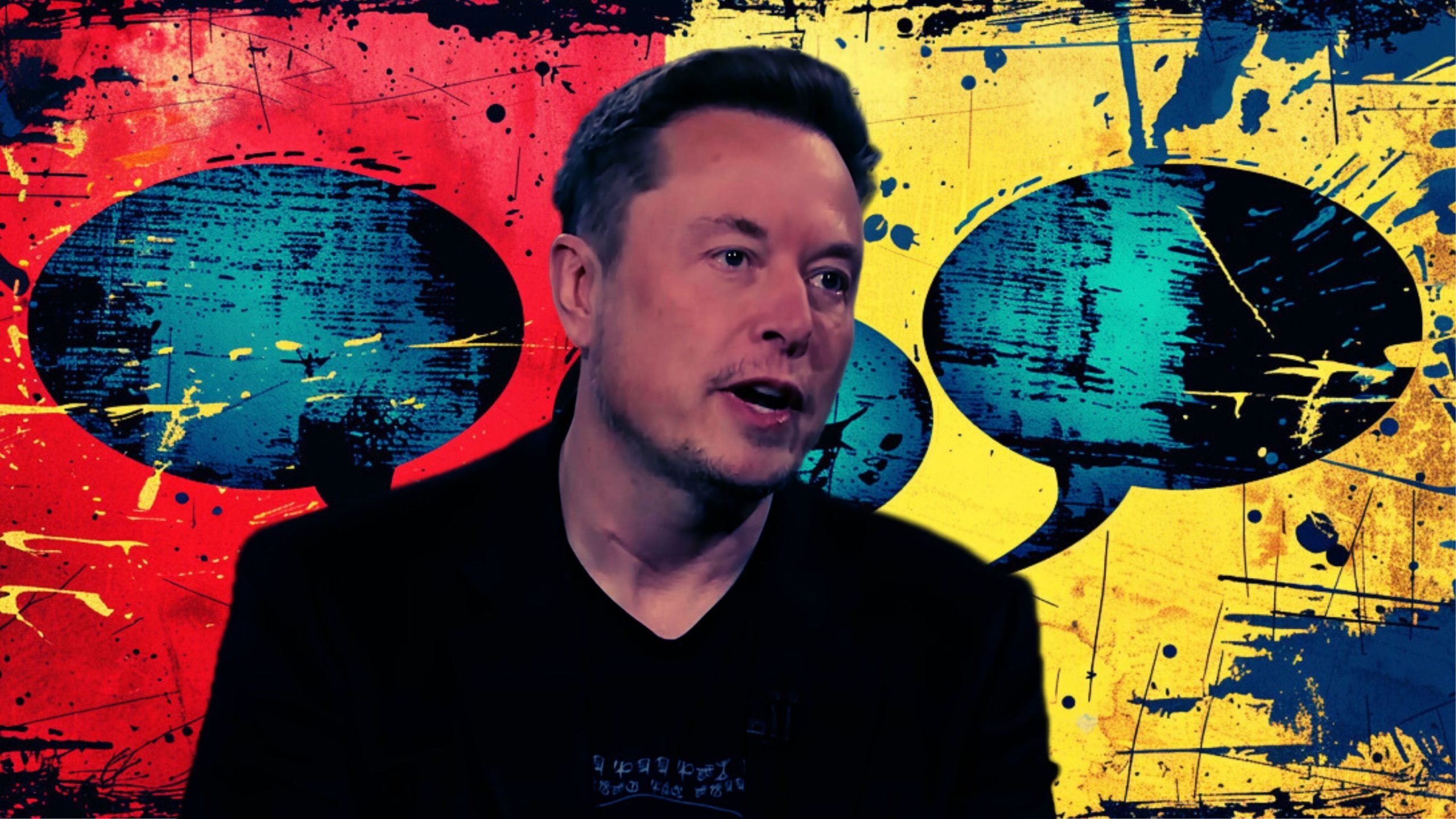According to the German press, the EU is demanding what the reports phrase as “authority access” to X’s internal documents regarding the platform’s changes to its recommendations algorithms, and programming interfaces.
The bloc is doing that as it investigates possible “hate speech” and “disinformation” violations relevant to the censorship law, the Digital Services Act (DSA). The probe is supposed to determine whether X should be treated as “a risk.”
X has been given four weeks to comply with the provisions of the law, long-criticized by free speech advocates but pushed by the EU as a means to “create a fair, safe and democratic online environment” for citizens, as European Commission Vice-President for Technological Sovereignty, Security and Democracy Henna Virkkunen put it.
And what that democracy looks like becomes clearer when the real reason behind the latest case of pressure on X is revealed: Germany’s (still) ruling politicians, Chancellor Olaf Scholz included, suspect that Elon Musk’s support for the opposition AfD might translate to X boosting the party’s content.
Germany will elect a new parliament in just over a month and the chaotic campaign there has produced a number of controversial and repressive moves, especially against the AfD and its supporters, often branded as “extreme right-wingers” with some of the party’s branches declared to be “extremist” by Germany’s domestic spy agency.
And yet, the party leads Scholz’s Social Democrats in the polls, and is second only to the Christian Democratic Union, which is also currently in opposition, making it highly likely that the complaints against X’s alleged preferential treatment of AfD have more to do with pure politics and less with “hate speech” and “disinformation.”
The EU launching the investigation suggests that Brussels has picked a side in Germany’s internal political battles, where the still ruling apparatus is throwing temper tantrums over X and Musk, with foreign and defense ministries recently announcing they were “suspending” posting on X.
However, an EU spokesman was quick to claim that the bloc going with demands of German politicians this close to an election was “completely independent of any political considerations or any specific events.”
If found to be in breach of the DSA rules, large platforms can face fines of up to six percent of their global turnover.










